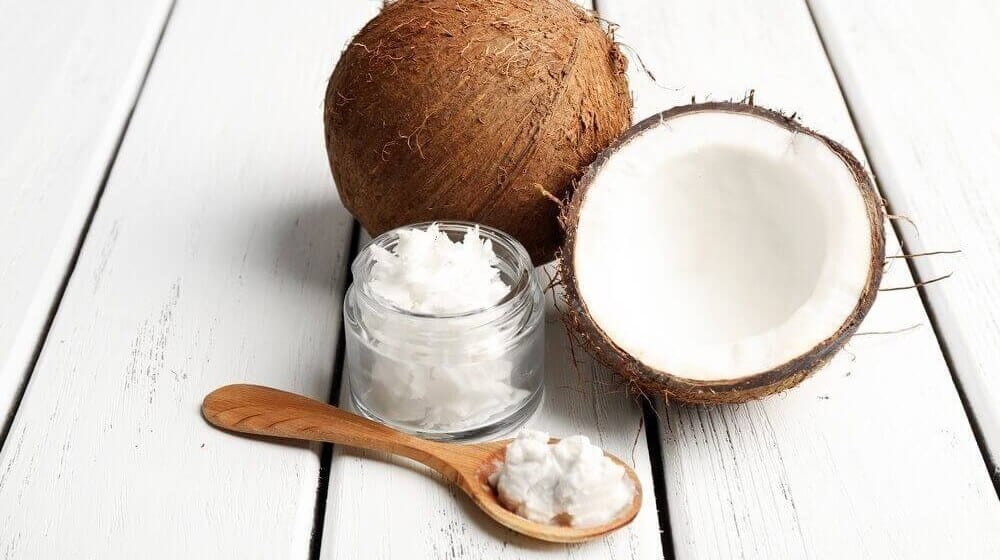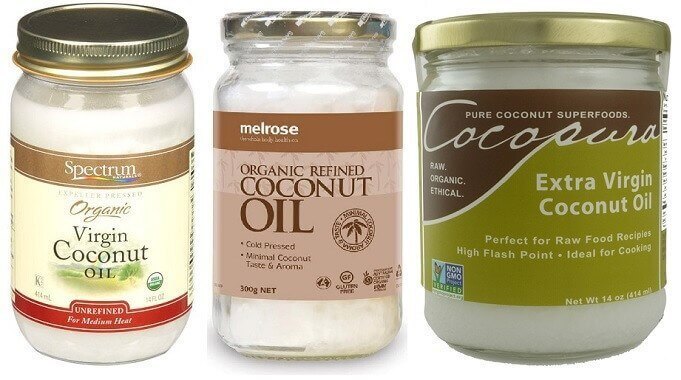
Admittedly, when I think of oils...that is to say, natural oils that are are extracted from plants and are beneficial to us in some fashion, Coconut-oil isn't the first oil that comes to mind. Nor is it the second. In fact, until I began researching the health benefits of coconut oil, it was merely something I was vaguely aware existed and even then, only by proxy.
Ironically, my wife has been using coconut-oil every day for the past few months in numerous ways and as most devout followers, swears by its benefits.
A Little Coconut History
Coconut oil has been around for a long time. As long as coconuts in fact. For thousands of years people blessed enough to live in the Tropics and that have never seen a snow-shovel except in pictures, have been using and benefiting from the multitude of applications coconut oil affords them.
And although I know this to be true, I am still somewhat struck to learn there is a word for everything, even for the dried white part of the coconut. In case you didn't know, it is called copra. Copra (cop-ruh) is the kernel or meat of the coconut from which the oil is expressed or extracted.
In the early stages of processing, copra is some nasty stuff and is inedible; requiring much more refining before it can be consumed.
Do THIS Every Morning with Coconut Oil
Some Types of Coconut Oil
As with olive oil and a host of others derived from plant-life, there are varying processes that determine what the finished product is and ergo, what label is given to that processed oil.
It should be noted that the labelling of coconut oil as to what type it is or the degree of processing it has undergone, is not standardized. Essentially, this means that any company can label their coconut oil as Virgin or Extra Virgin coconut oil if they so choose. However, there literally is no difference between them.

This will remain the case until a universal standardization or certification is set.
- Virgin or Extra Virgin Oil - Typically, one would think virgin oil or extra virgin oil would be the least processed. This oil is pressed from fresh coconut and not copra. Studies have shown virgin & extra virgin coconut oil contain the highest levels of antioxidants.
- Refined Coconut Oil - In coconut producing countries, refined oil is generally referred to as RBD coconut oils. The processing steps lend themselves to the title. The initials stand for Refined, Bleached & Deodorized
The RBD refining process does not affect the fatty acid profile of coconut oil, leaving the medium-chain fatty acids intact.
- Hydrogenated Coconut Oil - Because coconut oil melts above 76 degrees Fahrenheit, in processing, some portions of the fatty acids are hydrogenated to raise the melting point for geographic locations with a higher mean temperature than 76 degrees. This process creates some trans fats. You don’t want to consume this hydrogenated oil directly. However, it is used primarily in baked goods and unlikely you will find any in a jar for consumption.
- Liquid Coconut Oil - This highly refined oil, while touted as new, has been around awhile. This fractionated oil has had the Lauric acid removed from it which keeps it liquid but also reduces it antimicrobial effectiveness. Extracted Lauric acid is also used as a food preservative.
An interesting side note is that coconut oil produced by “wet milling” and using high heat to extract the oil produces an oil with a higher level of antioxidants than so called “raw” or “cold pressed” oil.
As you can see, there are several types so choose the one that is best for your application.
